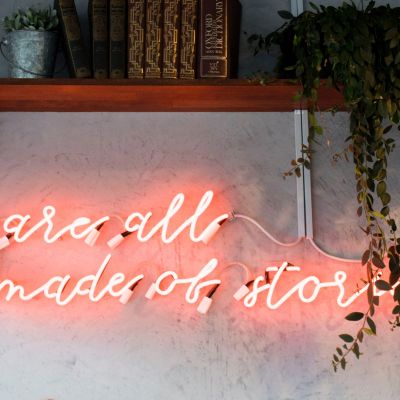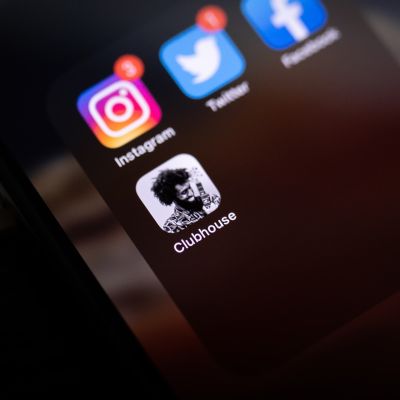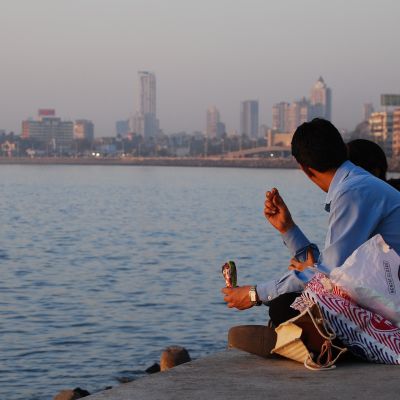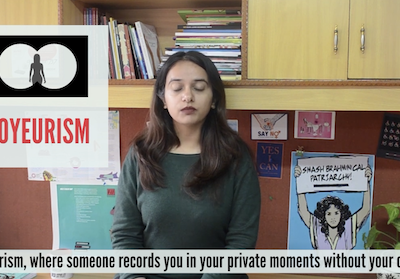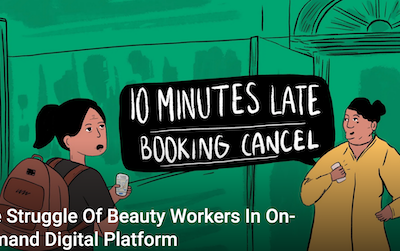harassment
The simple truth is that my body and I are having an affair. We each obsess about the other, ask questions and desire each other so much, that it often borders on the shameless. My body is more in love with me, I suspect, than the other way around.
This awareness of the status ascribed to women – the status of being the objects of men’s desires – affects every aspect of a woman’s life. Desire then, in particular, becomes an aspect of a woman’s life where navigation becomes tricky.
They’ punch him
with the pejorative
‘sissy’
and blame him for his smooth skin
and pink lips
for all ‘their’
disoriented gazes.
Looking back, it seems strange, almost sad that he couldn’t contain his anxiety, couldn’t bear the shame of what he did wrong. He must have skimmed over so much turmoil, that he couldn’t accept the reality of harming someone.
In theory, the concept of the app is a great one – it provides women, queer people, and people belonging to oppressed castes the tea-stall, cigarette-shop type of public spaces for conversation that are available to upper-caste cis het men. The relative anonymity acts like a safe cover, and the app affords a certain autonomy and agency to marginalised people to regulate the kind of conversation that goes on in rooms moderated by them.
While sex workers face repeated harassment by the police, many young couples face threats in a one-off incident if the police finds them with their partner/lover. They may face police surveillance of expressions of intimacy and affection in public.
Japleen Pasricha, founder of Feminism in India, lays bare the violence women, LGBTQIA+ folks, and historically marginalised communities face in online spaces, ranging from identity theft, bullying, trolling, to having our private photographs and details disseminated without our consent and being blackmailed.
If you live in an urban metropolitan city, you must have seen women dressed up in company uniform, carrying a heavy bag on their shoulders, their attire shouting a brand name with logos all over her. Their bodies become an advertising ground for a company’s marketing. Sometimes, the bag is a portable salon that they carry to their client’s (home), who book the beauty service using a mobile application. These ‘workers’ enroll themselves on the platform company that operates as an intermediary, to get bookings on-demand.
Whether it is by checking harassment from fellow men, or by questioning one’s own internalisation of subtly sexist and harmful behaviour, there’s a whole range of ways to go about making a positive shift




